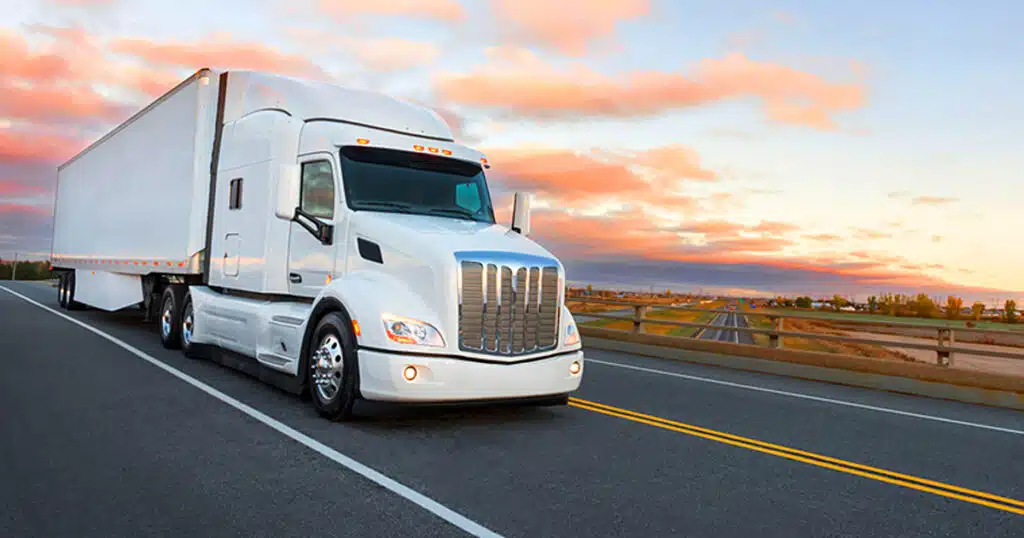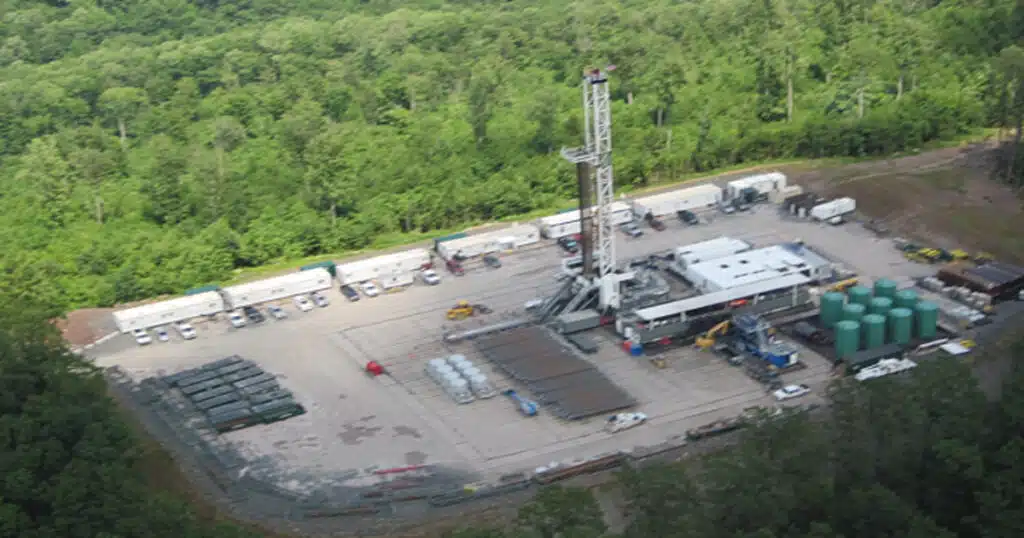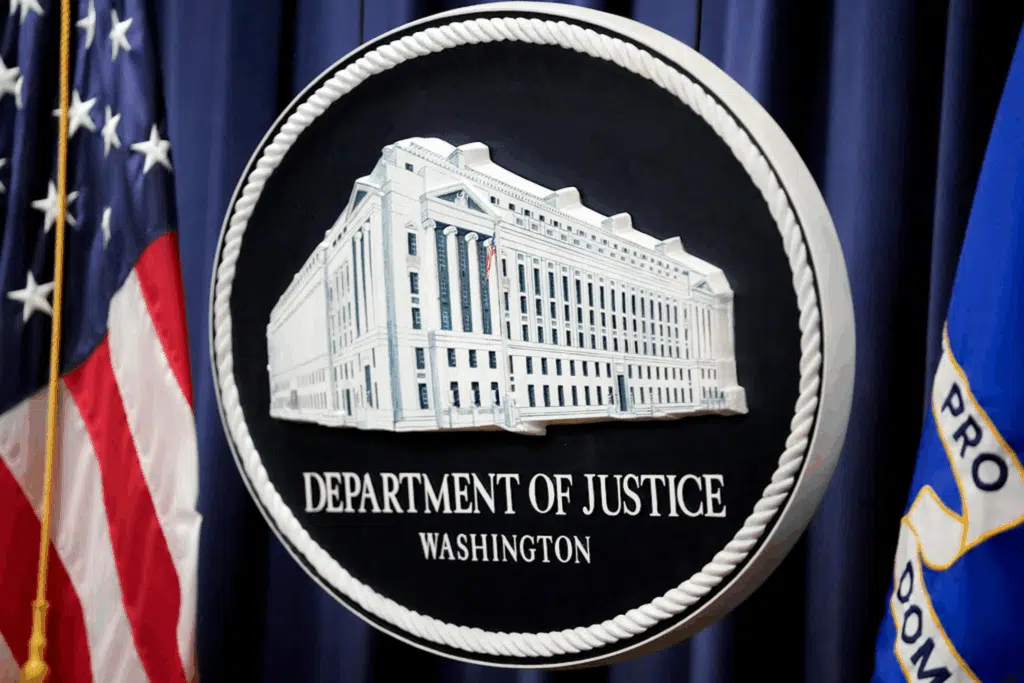
California’s Zero-Emission Dreams Pitting State Against Truckers
The insatiable need California’s leaders apparently have to position themselves as the world leaders in pro-environmental governance is now risking the future of one of the most important supply-chain sectors in the country, the trucking industry.
Environmentalists and trucking industry groups sparred with clean air regulators today over a contentious proposal to phase out California’s big rigs and other trucks with internal combustion engines, and force manufacturers to speed mass-production of electric trucks.
California has often led the country over the years in passing stringent emission reduction standards. The proposed regulations would affect the estimated 1.8 million trucks on the Golden State’s roads, literally transforming the trucking industry.
The state earlier this year adopted a ban on sales of all new gas-powered cars by 2035.
Last week. the regulatory California Air Resources Board held its first public hearing on rules that would prohibit manufacturers from selling any new fossil-fueled medium-duty and heavy-duty trucks by 2040. New rules would also require large trucking companies to gradually convert their fleets to electric models, until all are zero-emission vehicles by 2042. The mandates are part of the state’s overarching effort to end its reliance on fossil fuels and cut emissions of greenhouse gases.
“California is leading the transition to wide-scale electrification of trucks and buses,” board chair Liane Randolph announced. “These actions can show the world how to simultaneously address the climate crisis, improve air quality and alleviate key concerns identified by communities.”
The proposed regulations were heavily criticized by environmentalist and public health groups — wanting even tougher rules that speed up the compliance timeline — and trucking representatives who argued the proposals overlook concerns about electric vehicle costs and technology, lack of infrastructure to support the electric change-over and cuts that would result in the industry’s workforce..
The public comment segment of the meeting included 167 members of the public who lined up to speak at the hearing, which started at 9 a.m. and stretched deep into the night.
“Obviously we all want cleaner air, but this would be catastrophic to the industry,” said Jeff Cox, a truck driver of 24 years and owner of a trucking company based in Madera, who explained he worries the new rules could drive many family-owned fleet operators out of business. “We’re operating in an already challenging environment. To add something else that is this drastic would be very harmful.”
Then again, Andrea Vidaurre, a policy analyst at the People’s Collective for Environmental Justice, said during the hearing that the effects of toxic diesel emissions from big rigs and other heavy-duty trucks in heavily polluted communities make it crucial for the state to step up the imposed truck transitions. Diesel exhaust can spur asthma and other respiratory illnesses and increase the risk of hospitalization and premature death, according to air board staff.
“Our communities who are majority immigrant and Black have to deal with higher levels of asthma, respiratory issues, cancers and literally shortened life because of the pollution caused by diesel trucks,” Vidaurre told the board. “Please use this opportunity to transform this logistics system that historically has done so much harm. Its future doesn’t have to.
“Please,” she said, “strengthen the rule.”
The gradual conversion of existing fleets will only apply to federal agencies and fleets considered to be high-priority, owned or operated by companies with 50 or more trucks or generate at least $50 million in annual revenue. The conversion would also affect trucks weighing 10,001 pounds or more and package delivery vehicles of 8,500 lbs or more; that includes U.S. Postal Service, United Parcel Service, Amazon and FedEx fleets.
The affected federal agencies and companies will have one of two ways to comply; they could opt to purchase only zero-emission trucks beginning in 2024 and then retire their diesel trucks at the end of their usefulness — or decide to phase in zero-emission trucks as an increasing percentage of their total fleet, starting in 2025 with 10 percent of delivery trucks and other truck types that are the easiest to electrify and then reaching 100 percent of all new truck purchases between 2035 and 2042.
The Air Resources Board is expected to hold a second hearing on the proposal and then vote on it sometime in the spring.



